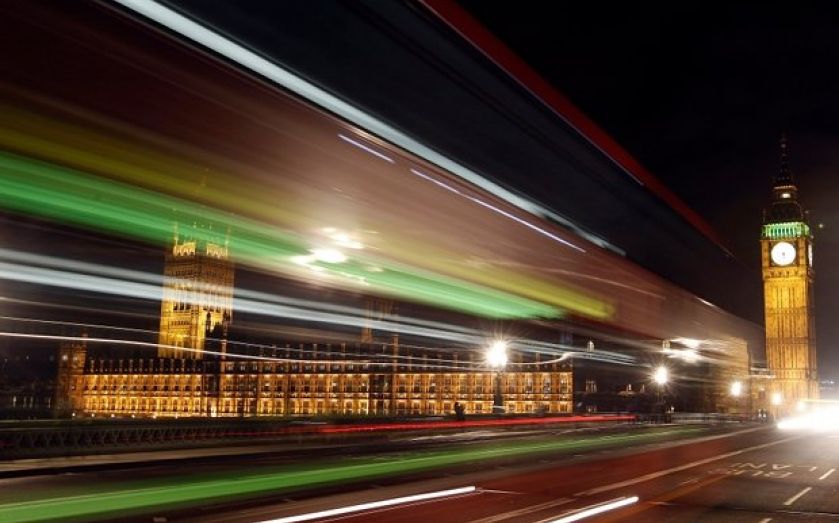UK inflation slowdown tests Bank of England’s forward guidance

The rate of inflation in the UK slowed in July, triggering speculation about how this could affect the central bank's future monetary policy.
The Office for National Statistics' consumer price index decelerated to an annual rate of 2.8 per cent, down slightly from the 2.9 per cent the month before. The fall was driven primarily by falling air fares and price movements in recreation and clothing and footwear sectors, offset slightly by a rise in petrol and diesel prices.
Excluding seasonally volatile products like food and energy, inflation decelerated to 2.0 per cent from 2.3 per cent in June.
The Bank of England has promised to keep interest rates low until unemployment falls below seven per cent, but the Monetary Policy Committee (MPC) could keep them lower for longer if it thinks inflation will rise more than half a percentage point above its two per cent target.
If this downward trend continues and the MPC thinks it is sustainable, this could mean the exclusion of at least one of these caveats.
See the Live Blog for more details.
- Doubts raised over new Bank inflation test
- Why governor’s monetary revolution will eventually backfire